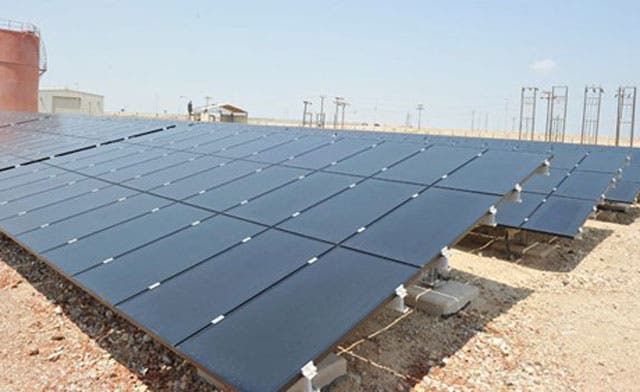- Mar 3, 2006
- 7,215
- 2,566
- 315
Billy Bob is a Grotesque Liar/deceiver.
"useless"?
"...For example, let’s say you have the Sunpower module and the solar cell temperature is measured at 45 degrees C. (113 F) That’s 20 degrees C above STC. To find how much the power output will decrease, you multiple the 20 degrees C difference by the -0.29% temperature coefficient.
That gives you a 5.8% drop in the module's power output.
That means when the panels’ temperature is 45 degrees C, (113 F) the maximum power output of the module will fall to 329.7 watts, instead of 350 watts, meaning, your panels will still produce enough energy to power your home...
How hot do solar panels get and how does it affect my system?
`
"useless"?
"...For example, let’s say you have the Sunpower module and the solar cell temperature is measured at 45 degrees C. (113 F) That’s 20 degrees C above STC. To find how much the power output will decrease, you multiple the 20 degrees C difference by the -0.29% temperature coefficient.
That gives you a 5.8% drop in the module's power output.
That means when the panels’ temperature is 45 degrees C, (113 F) the maximum power output of the module will fall to 329.7 watts, instead of 350 watts, meaning, your panels will still produce enough energy to power your home...
How hot do solar panels get and how does it affect my system?
`
Last edited:

